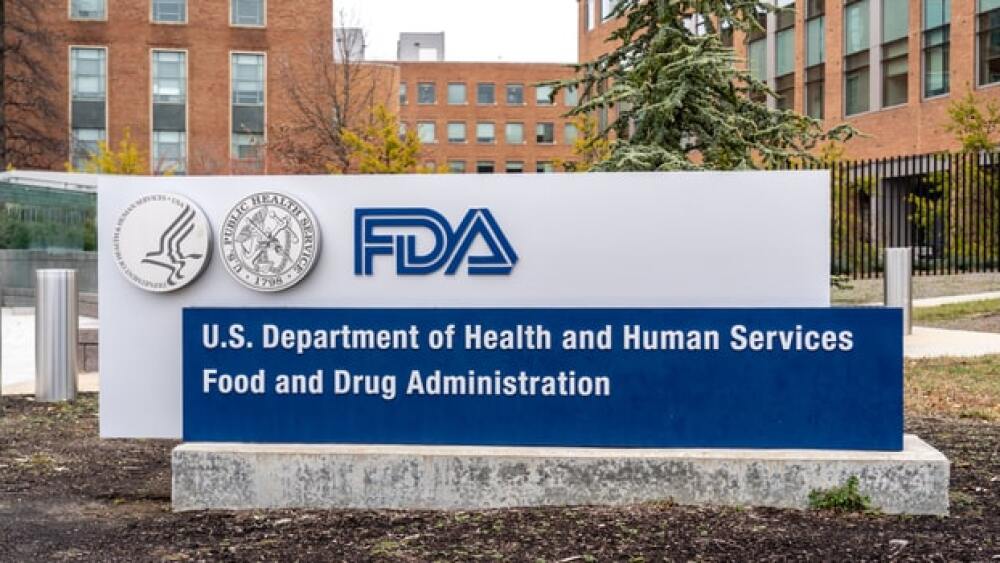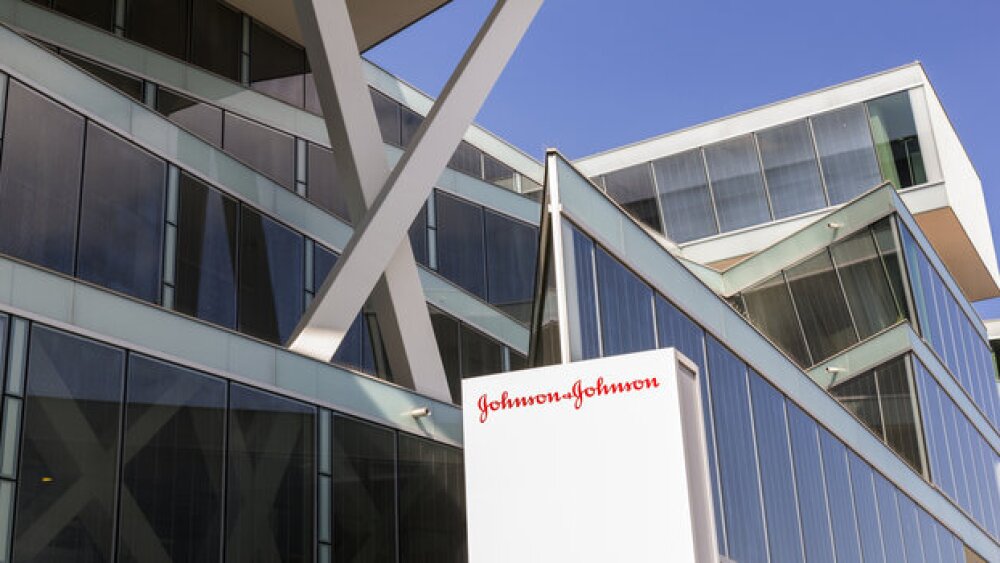January 9, 2017
By Mark Terry, BioSpace.com Breaking News Staff
Forty Seven Inc. is a clinical-stage immune-oncology company founded by members of Stanford University’s Institute of Stem Cell Biology and Regenerative Medicine.
The company has exclusive licenses to a broad package of intellectual property from Stanford, including seven issued U.S. patents, four issued foreign patents, and over 100 pending patent applications worldwide that cover several product candidates targeting cancer immune evasion pathways.
“Basically,” Forty Seven’s chief executive officer, Jonathan MacQuitty, told BioSpace, “we’re getting the adaptive immune system to recognize and attack tumors. There are different approaches, but they’re all modulated through T-cells, or occasionally B-cells. There’s a parallel immune system that’s adapted by another white blood cell called a macrophage. A macrophage is sort of like Pac-Man. They go around the body engulfing and eating bad cells.”
The company’s technology largely focuses on cell surface antigen CD47 that essentially signals to the macrophages “don’t eat me,” according to MacQuitty.
Company LeadershipJonathan MacQuitty—chief executive officer. Prior to joining Forty Seven, MacQuitty was a partner at Abingworth, a trans-Atlantic life science venture capital firm. Prior to that he was the chief executive officer of GenPharm. He also held business development positions at Genencor and
Genentech .
Craig Gibbs—chief business officer. Before joining Forty Seven, Gibbs was the vice president of commercial strategy/planning and operations with
Gilead Sciences , where he worked since 1992. Prior to Gilead, he was a visiting scientist, protein engineering at Genentech.
Chris Takimoto—chief medical officer. Before joining Forty Seven, Takimoto was the vice president of experimental medicine early development, Oncology Therapeutic Area at
Janssen, a Johnson and Johnson company. Prior to that, he was senior director of translational medicine at Ortho Biotech Oncology R&D.Norm Kruse—chief patent counsel. Before joining Forty Seven, Kruse was the senior director of intellectual property at Illumina , and before that, vice president of intellectual property and chief patent counsel with Verinata Health.
Mark Chao—medical director. Chao is a clinical instructor of medicine, hematology at Stanford Medicine.
Jens Volkmer—research director. Volkmer is an instructor with the Institute for Stem Cell Biology and Regenerative Medicine at Stanford Medicine.
Hassan Movahhed—vice president, clinical operations. Before joining Forty Seven, Movahhed was senior vice president at United Therapeutics, and vice president, clinical operations and data management for Geron . He also had positions with Elan Pharmaceuticals , Threshold Pharmaceuticals , andAmgen .
Company Financing
The company launched in February 2016 with $75 million in Series A financing. Participants included Lightspeed Venture Partners, Sutter Hill Ventures, Calrus Ventures, and GV (Google Ventures). Gibbs told BioSpace that “funding for current clinical trials are provided by the
Pipeline
Forty Seven’s lead program is Hu5F9-G4, which is a monoclonal antibody against CD47. It is currently in two Phase I clinical trials. One trial is in patients with solid tumors. The other trial is in patients with acute myeloid leukemia.
“Both studies are ongoing in the dose escalation phase. At ASCO in May 2016, we reported two important milestones. Firstly, that the anemia, which has been associated with CD47-targeted therapies, has proved to be manageable, transient, reversible and predominantly associated with the first dose only. Secondly, that doses have been reached that saturate the sink of CD47 in the body allowing for free drug to penetrate tumors,” Gibbs said.
What “sink” refers to is that CD47 appears on other cells in the body, including red blood cells. “There were concerns,” MacQuitty said, “that with CD47 on other cells, it would act as a sink that would suck up all of the anti-CD47 when it was added, and we wouldn’t get effective levels when we tagged the tumor. We now know that’s not the case. There is a sink, but it’s very modest.”
Market CompetitionImmuno-oncology is a hot area these days, with plenty of competitors large and small. At the moment, Forty Seven views their primary competitors as Celgene , which has an anti-CD47 Mab in Phase I trials for solid and hematological malignancies, and
Trillium Therapeutics , which has an SRPalpha-Fc in Phase I in RR lymphoma.
Dollars and Deals
Forty Seven has declined to discuss any pending deals or collaborations. MacQuitty said, “We’re having discussions with many different people, but we can’t talk about that in any detail.”
What to Look For
At the moment, the company employs 32 people and is moving into new facilities. The original work was done at Stanford before it was spun out. “We’ve now moved to a purpose-built facility in Menlo Park, where we can manage clinical trials, do research on other preclinical trials pushing toward investigational new drug (IND) application,” said MacQuitty.
He noted that in the next two to three months, Forty Seven plans to begin two different combination studies. “We anticipate probably next year (2017) we’ll start other combination studies as well,” MacQuitty said.
Gibbs added, “Forty Seven is exquisitely focused on executing its clinical trials in oncology and building its operational infrastructure. It is in the process of prioritizing which other indications to pursue, selecting compounds for these indications and determining whether to pursue these opportunities alone or with a partner.”
See Top Life Science Startups 2017See Top Life Science Startups 2016
See Top Life Science Startups 2015





